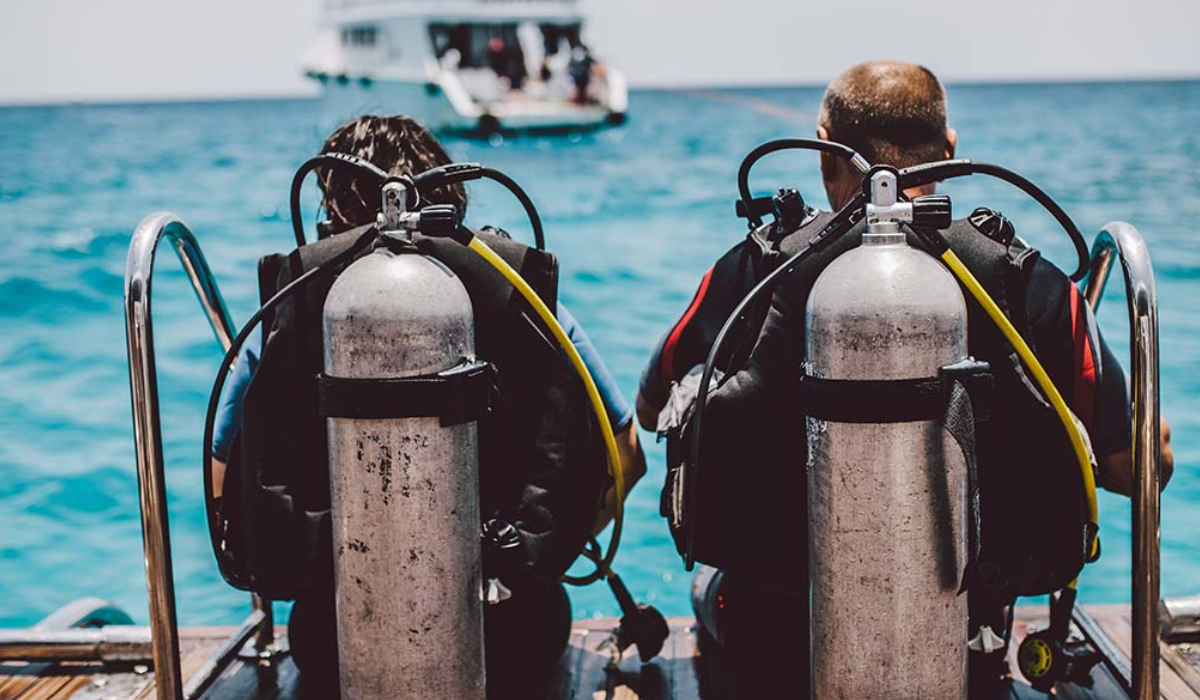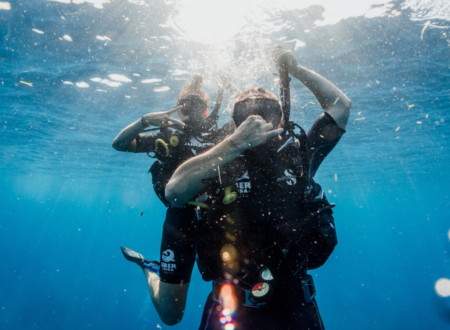Stay Safe and Healthy After Scuba Diving
Scuba diving is an incredible experience, offering you the chance to explore the wonders of the underwater world. However, diving also involves unique physiological changes in your body, and the period immediately after a dive is crucial for your health and safety. Knowing what not to do after scuba diving can prevent serious health risks and ensure that you can continue enjoying this amazing sport for years to come. In this article, we’ll cover seven things you should never do right after Scuba diving to ensure safety.
1. Don’t Fly Immediately
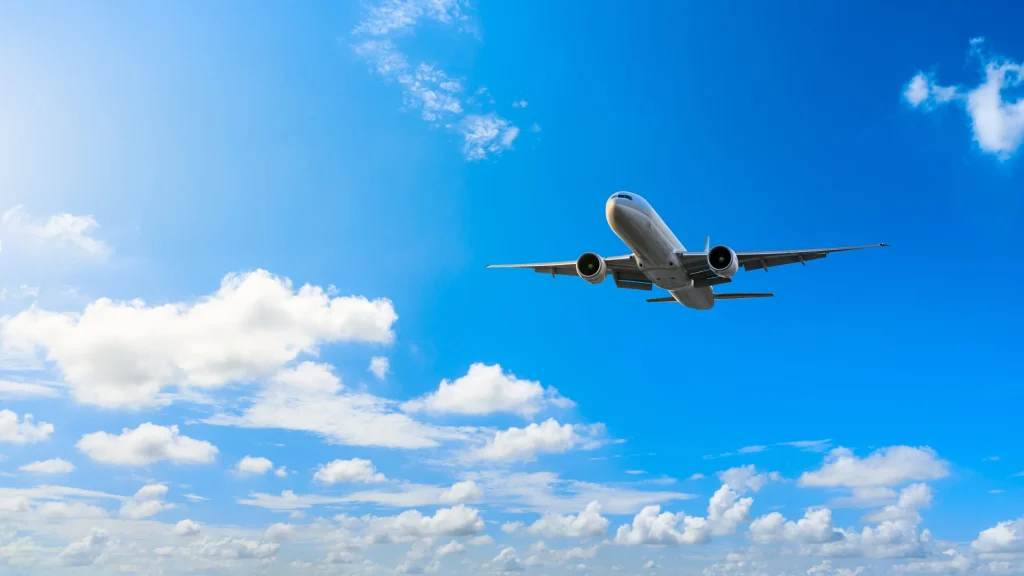
Why You Should Wait
Flying soon after a dive can be extremely dangerous due to the risk of decompression sickness (DCS), also known as “the bends.” During a dive, your body absorbs extra nitrogen due to the increased pressure underwater. When you ascend, the pressure decreases, and your body begins to off-gas this nitrogen. However, flying involves a rapid change in pressure, which can cause the nitrogen to form bubbles in your tissues, leading to severe and painful symptoms of DCS.
How Long Should You Wait?
It’s generally recommended to wait at least 12-18 hours before flying after a single dive and 18-24 hours after multiple dives or deeper dives. Always consult with your dive computer or dive table, and when in doubt, practice caution to ensure safety after diving.
2. Don’t Exercise Strenuously
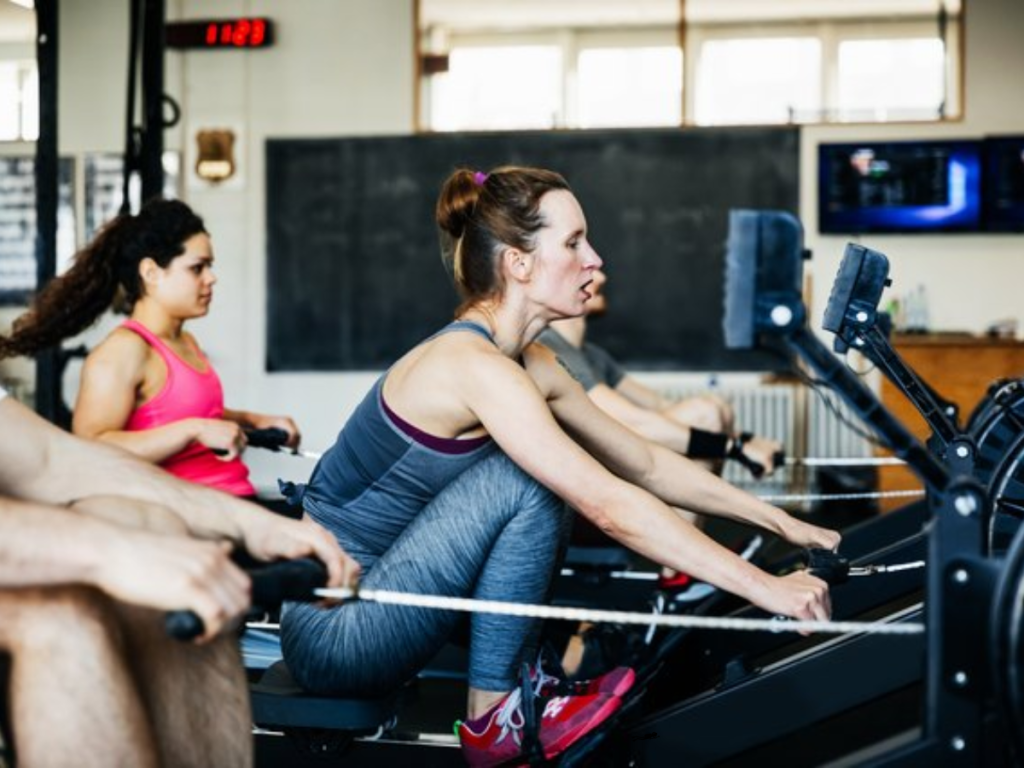
Avoiding Physical Strain
After diving, your body is still in the process of eliminating excess nitrogen. Engaging in strenuous physical activities, such as running, heavy lifting, or intense workouts, can increase your risk of decompression sickness by causing nitrogen bubbles to form in your bloodstream more quickly.
Recommended Activities After Scuba Diving
Instead of hitting the gym, opt for light activities like walking, stretching, or swimming in shallow water. These activities promote circulation without putting too much strain on your body, allowing nitrogen to off-gas at a safe rate.
3. Don’t Take a Hot Shower or Bath
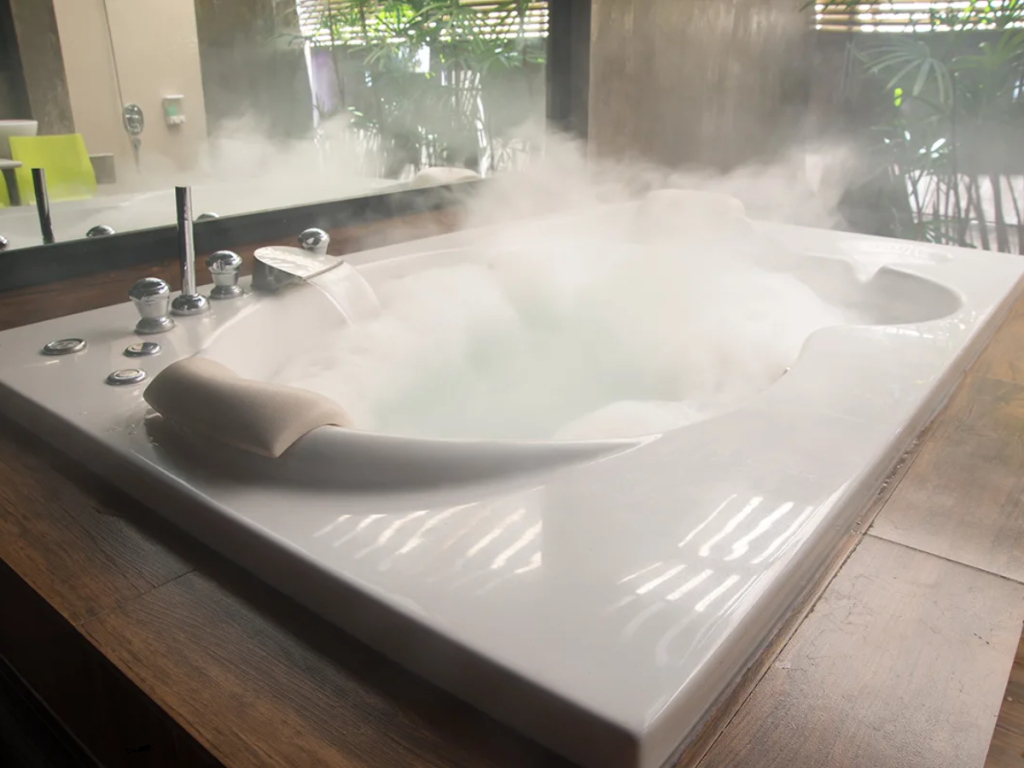
Heat and Nitrogen Bubbles
After a dive, it might be tempting to jump into a hot shower or bath to warm up, especially if you were diving in cold water. However, the heat can cause your blood vessels to dilate, which might speed up the circulation of nitrogen in your body, increasing the risk of decompression sickness.
Best Practices
It’s better to rinse off with lukewarm water instead. This helps you avoid drastic changes in temperature that could negatively affect your body’s nitrogen elimination process. After about an hour, it should be safe to indulge in a warmer bath if needed.
4. Don’t Drink Alcohol
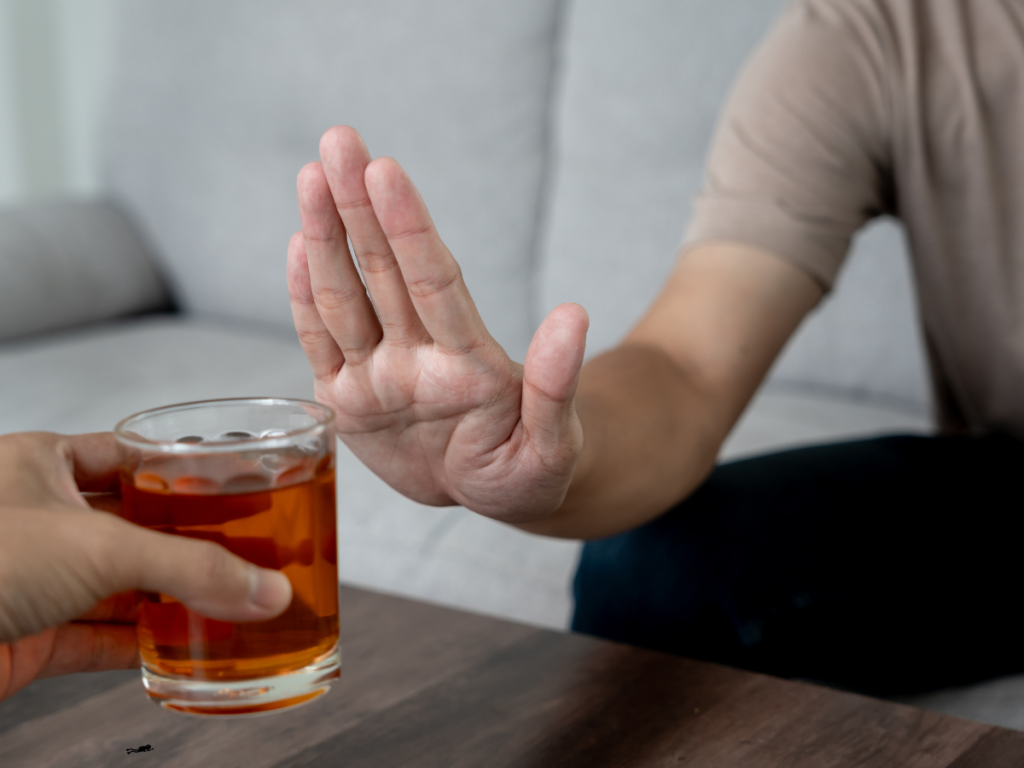
Hydration and Recovery
Diving can be dehydrating, and your body needs adequate hydration to help flush out nitrogen. Alcohol is a diuretic, which means it increases urine production and can lead to further dehydration. This not only hinders the nitrogen off-gassing process but also impairs your judgment and physical coordination, which can be dangerous after diving.
Prioritize Hydration
It’s essential to rehydrate with water, sports drinks, or non-caffeinated beverages after your dive. Staying well-hydrated helps your body recover and reduces the risk of decompression sickness.
5. Don’t Ignore Signs of Decompression Sickness
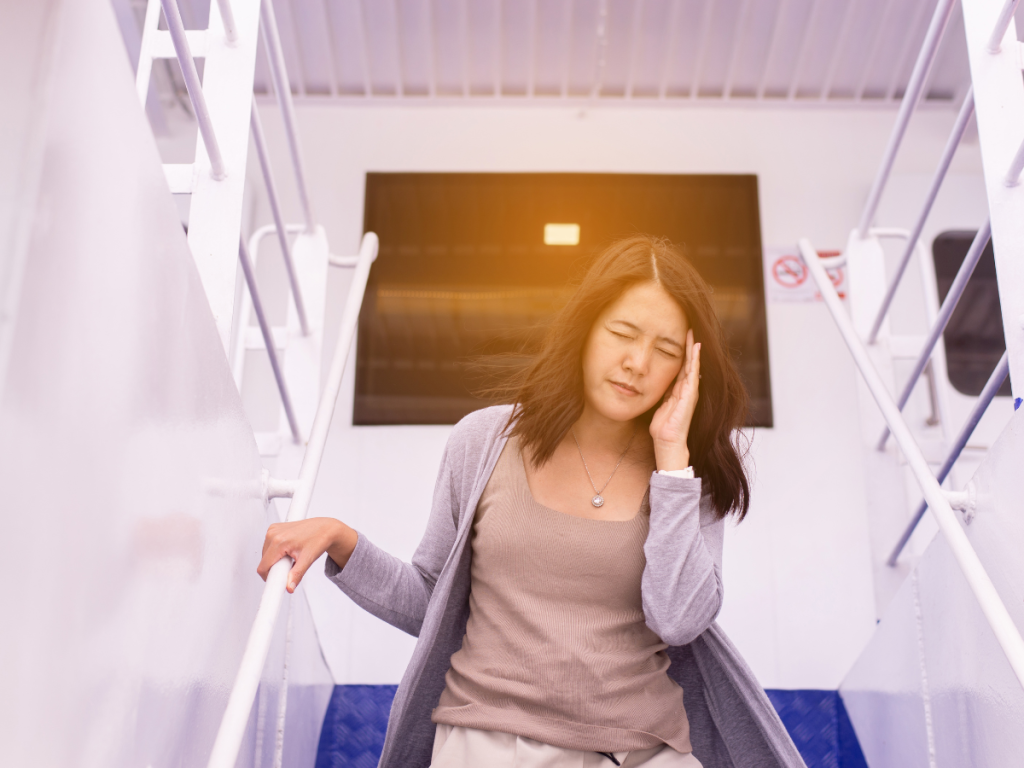
Recognizing the Symptoms
Decompression sickness can manifest in various ways, including joint pain, dizziness, fatigue, skin rashes, or even more severe symptoms like difficulty breathing or numbness. These symptoms might not appear immediately and can develop hours after the dive.
Seek Immediate Medical Attention
If you or your dive buddy experience any of these symptoms after a dive, seek medical attention right away. Even mild symptoms should not be ignored, as decompression sickness can escalate quickly without proper treatment.
6. Don’t Rush to Eat a Large Meal

Why It Matters
After a dive, your body needs to focus on off-gassing nitrogen, and eating a large meal diverts blood flow to your digestive system, slowing this process. This can increase the risk of decompression sickness and make you feel sluggish or uncomfortable.
Choose Light Foods
Opt for light, easily digestible foods like fruits, yogurt, or a small sandwich right after your dive. This approach helps your body recover faster and prevents unnecessary discomfort. After some time, you can enjoy a more substantial meal if needed.
7. Don’t Drive Long Distances Immediately
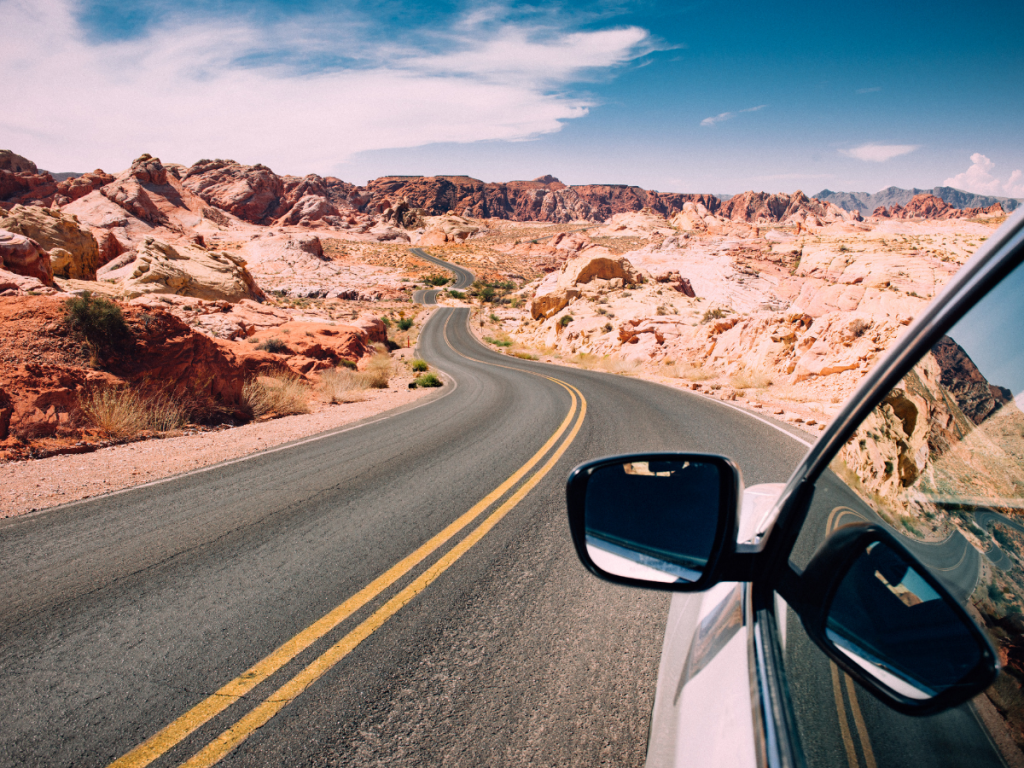
Risks of Long Drives
Long car journeys, especially those at high altitudes, can pose a risk similar to flying. Sitting for extended periods and changes in altitude can contribute to the risk of decompression sickness, as it can slow circulation and impair the body’s ability to off-gas nitrogen efficiently and can cause safety risks.
Take Breaks or Delay Your Drive
If you must travel by car after a dive, try to avoid high altitudes and take frequent breaks to stretch and move around. It’s also advisable to wait a few hours after your last dive before embarking on any long journey.
Conclusion : Dive Safe and Smart
Scuba diving is a rewarding and exhilarating activity, but it comes with responsibilities, especially when it comes to post-dive care. By avoiding these seven actions immediately after diving, you can significantly reduce your risk of decompression sickness and other dive-related injuries. Always prioritize your safety and give your body the time it needs to recover so you can enjoy many more dives in the future. Remember, diving is as much about preparation and recovery as it is about exploration and adventure. Stay safe, dive smart, and continue to enjoy the underwater world!

